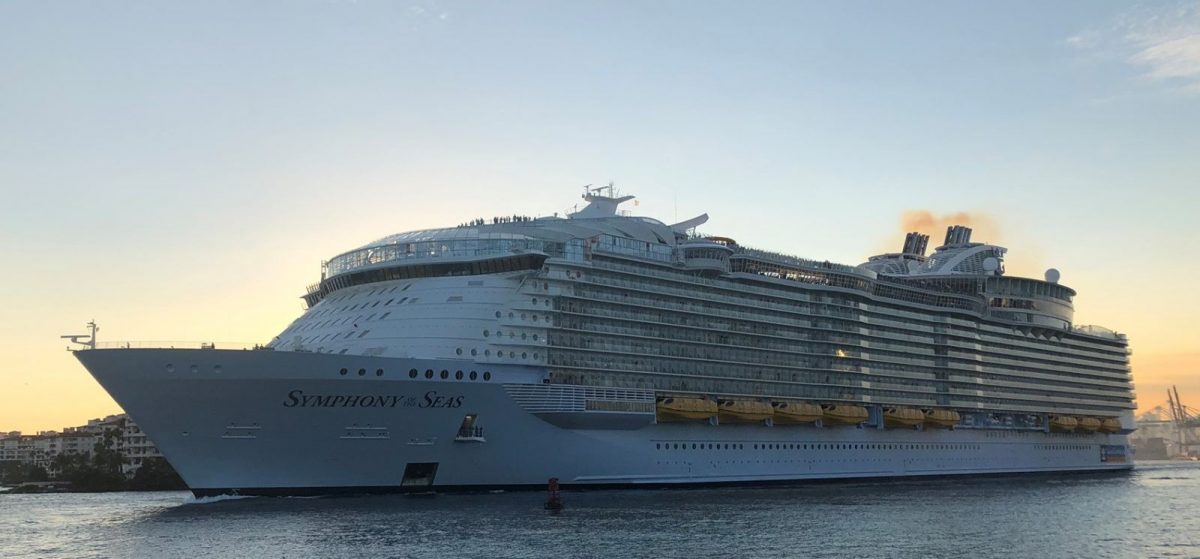We Make the Rules
By Luke Clark
Working for the past decade covering Indonesia from a media perspective has been an exercise in reactive reporting.
The country’s travel news has often been set by a string of extraneous circumstances – from political events, to natural disasters, to random acts of violence.
When you report on news and such events occur as in Jakarta this month, you have to react. You drop your to-do list, and you make the calls.
The exercise of ‘ambulance chasing’ is my least favourite job, and it’s something I miss the least, now that I am spending less time on the news front line.
You are essentially calling people who don’t need to be disturbed, and seeking information that they don’t really have in hand yet. And yet the job needs to get done. People need to know.
For the travel industry, I feel the job is different. Those who put bombs in hotels don’t deserve to be agenda-setters for an industry.
It gives them too much respect.
Yet, whenever faced with the media, such as during Pasar Wisata for instance, Indonesia’s travel industry too often begins by listing a CV of recent woes – the disasters that have thrown us off track yet again.
It is almost as if there is a PowerPoint display kept in the file, just waiting for the next jolt to be added to it.
We commentators can fall into this trap. We may not be in hard news, but too many of us rewrite our “New chapter for travel” piece over and over again. Our line tends to be that “this has happened, the rules have changed, now we need a new perspective”.
This rule-change scenario is true for a global economic crisis. It is true for a freak tsunami. But it’s not true for a group of kooks who chase glory through murky and misdirected goals.
No rules have changed with the recent bombs. Security has to be reviewed again, certainly – and tightened.
Clearly some things were too lax. But nor can hotels become battle trenches. While the game is not business as usual, the travel industry has not seen a game-changing event.
Like the kid in the back of the class making fart noises to grab attention, random bombers don’t deserve an over-reaction.
Travel needs to condemn the act, tighten up again, and move forward with the same plans. Show fear, and they win.
Indonesia is improving, its economy is predicting 2.5% GDP growth while others lag, and its political process is ensuring continuity.
Those inside Indonesia are aware of this, as are more business leaders considering the country for investment.
In June I was at a celebration dinner at the JW Marriott for a publishing client, Mandala Airlines. This month, Mandala and Garuda Airlines were among a handful taken off the list of “banned” airlines by the European Union.
This October, Mandala’s inflight magazine will expand to 124-pages, its biggest ever. Ad sales remain solid, unlike some regional magazines. Long may this last.
I’ll be in Jakarta again soon, and if necessary, back to the Marriott and Ritz Carlton. I’ll put up with security checks, as will most business people.
The rules haven’t changed. In fact, those who do these things make me more determined that they will not win.
My friend is a New Yorker. When he learned of Bali’s attacks, he planned his honeymoon there. “We’ve been through it, we need to support others who go through this too,” he told me.
That’s setting the rules of engagement. If any new thinking is required, it’s more of that.
 United Kingdom
United Kingdom United States
United States Asia Pacific
Asia Pacific












































CLIA expands trade support with expedition event
Qatar Airways adding Manchester flights
Jet2 unveils Samos as new Greek destination for summer 2026
EU entry-exit system delayed again
ATC strike in Greece could disrupt flights this week